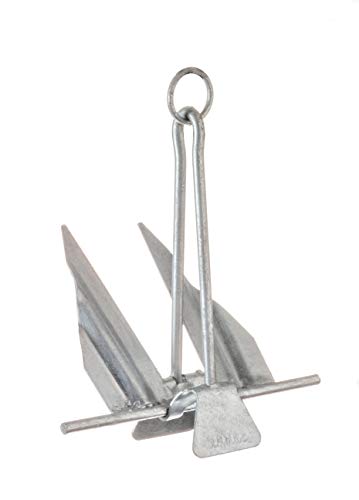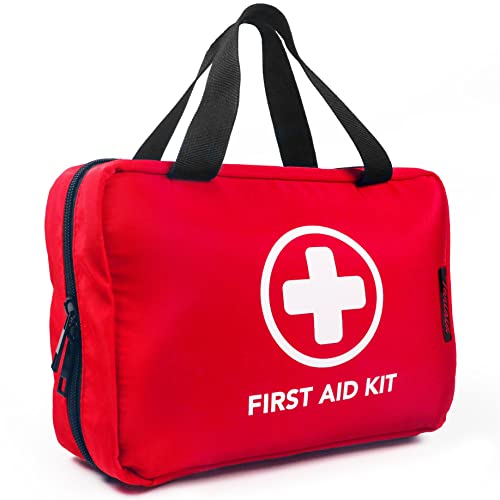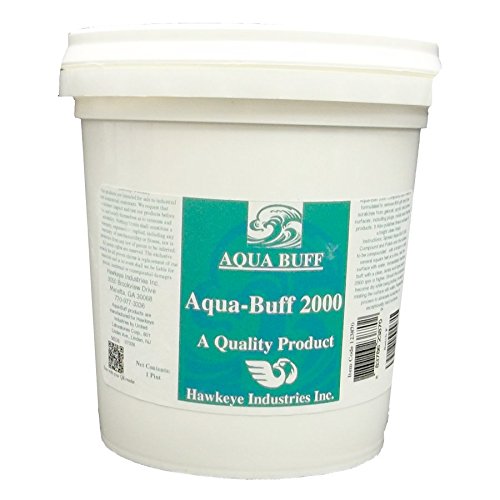I needed to replace the old one and while looking around I read a few articles (Here I go loosing myself in the internet again) about the different alloys. The aluminum alloy the anodes are made of is different from the aluminum on an outboard. And that it is good for backish water and could work in freshwater. Zinc is an alloy for saltwater. That left magnesium that is supposed to be the best for freshwater.
After I absorbed that information I was dead set on magnesium and aluminum for my second choice.
I didn’t research what I read to confirm. I just started going must not be zinc.
I have always fallowed y’all’s advice because you’re actual boaters andTin boaters at that. You guys know.
It’s an OEM trim tab and part number is correct for my outboard.
After reading the replies I’m going to use it. I was trying to make sure what I used would get eat up before anything started on my outboard.
Some of you know about the rebuild on this boat and know how I feel about corrosion after that.
I do appreciate the input. Y’all have straightened me out more than once by pulling me out of a few rabbit holes I was headed down by making me realize I was about to do something that wasn’t necessary.



























































